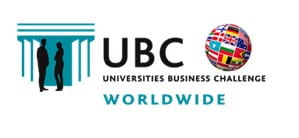Hi, I’m Louise, I graduated from the University of Bristol in 2022 and I now work at Ocado Technology as a Graduate Hardware Engineer.

My university experience
In 2018 I began studying for an integrated master’s degree in Mechanical and Electrical Engineering. The first three years of my degree were transformative in building my confidence and passion for engineering.
One of the best extra-curricular activities I did during my time at university was being a Course Representative as this helped me to get to know both my cohort and my lecturers. During my second year I also completed the Bristol PLUS Award, a programme organised by the Careers Service. The best thing I gained from this programme was learning how to articulate the value I had gained from my extra curricular experiences in my CV and in job interviews.
(more…)






